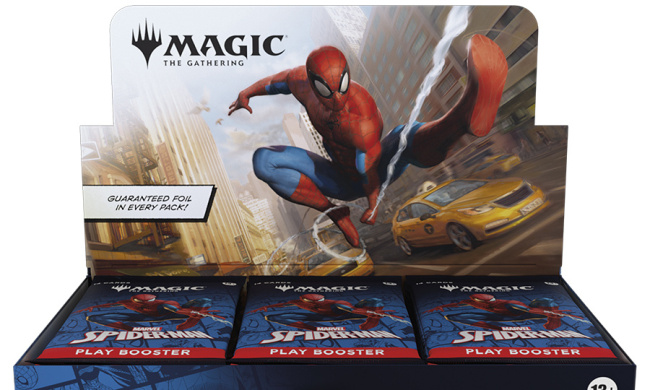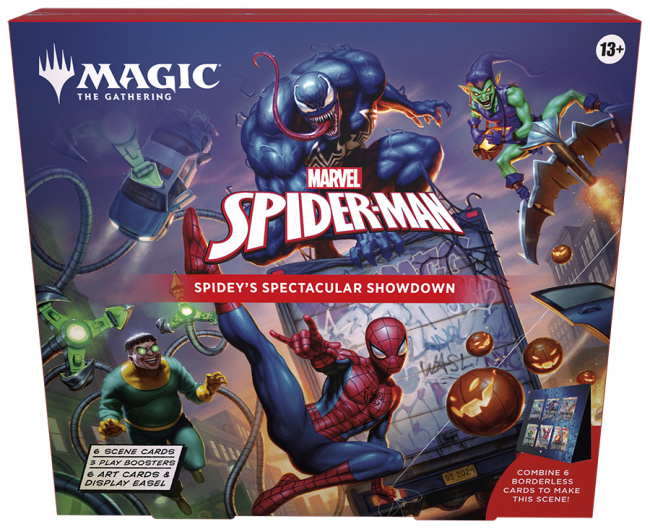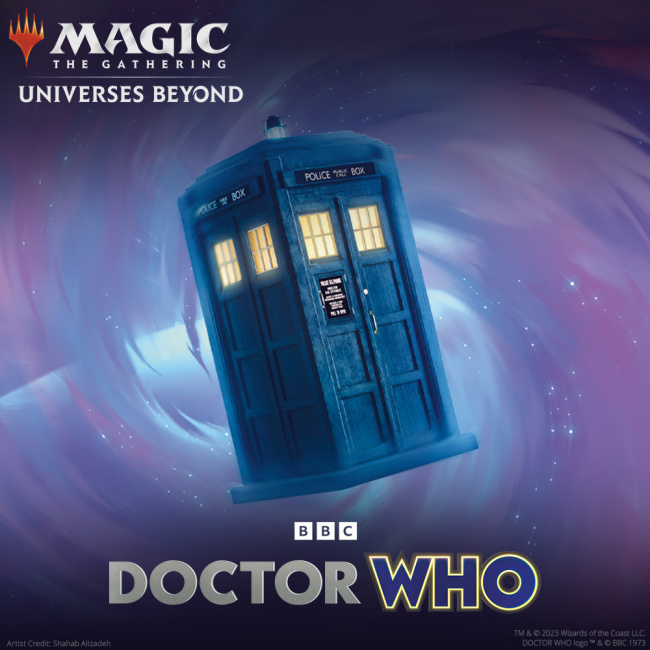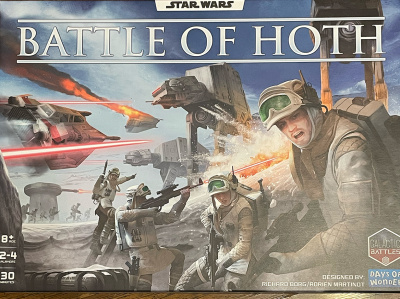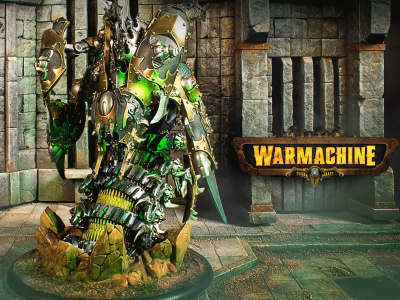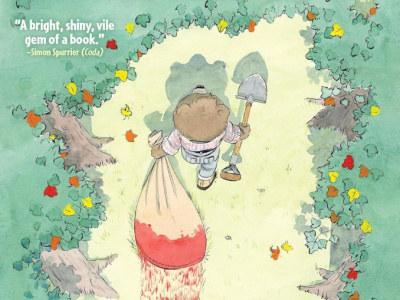The most common feedback I hear about these product lines from retailers is that they sell great (no real surprises there). These sets are practically printing money for retailers; that's pretty obvious to anyone paying attention. Then, of course, this feedback is almost 90% of the time followed up by "but Wizards of the Coast's allocations for these products are brutal." These two pieces of commentary are fairly low-hanging fruit because retailers tend to say the same things about most of the best-selling Magic sets in history, dating back to Alliances. There never seems to ever be enough product for popular Magic sets, and always seems to be too much of bad Magic sets.
The more interesting feedback comes from retailers who are not complaining about allocations. Scott Thorne put it best in his recent column (see "Was I Wrong about 'Final Fantasy'?") about the Final Fantasy set: "Having an invoice monetary total that resembled a shipment tracking number made me a bit nervous..." The wholesale cost of Universes Beyond sets are hefty due to their licensing costs. If one of these sets doesn't sell through well, then that's a pretty massive invoice for the average FLGS to pay off.In this regard, Universes Beyond sets are a little like playing a high stakes game of Minesweeper for retailers; everything is all well and good until someone steps on a mine (or in this case, one of the big IP sets isn't a hit and leaves them with a bill). Then, it's all up to how retailers deal with managing losses. I'd think most veteran retailers know the Drill from previous Magic set implosions in the past, but I wonder a little about newer, post-pandemic card shops who have only known the Silver Age of TCGs (see "The Silver Age of TCGs Continues"). They probably don't have much experience dealing with Magic sets that bomb in an epic fashion, which could be problematic if one of the expensive Universes Beyond sets goes down in flames.
Magic fan complaints that I've heard about Universes Beyond sets are all-over the spectrum; ranging from "WotC is turning Magic into a soulless product" to "the cards cost too much" to "I miss the original fantasy setting." Out of all the fan complaints I've heard about these sets, there are only two that really stick out as a potential bigger problem. The first complaint that sticks out is the availability of Standard cards. I'm not going too deep into this, mainly because I went there already in the previous article, but I am going to add a relevant note about the recently expanded three-year Standard rotation (see "Legal in All Formats"). Three years is a long time for short-printed cards to stay in Magic's primary constructed format, and as the metagame evolves, these cards will likely cause a compounded card availability problem over time depending on which cards become popular in decks and when.
The other interesting complaint that I've heard from fans revolves around customer loyalty to FLGS. For many years now, FLGS have had several customers that buy one to two boxes of every Magic set that comes out to support the store, year-in and year-out. Some of the Universes Beyond allocations are so short that some shop owners are having trouble accommodating those loyal customers. As a result, those customers are getting aggravated with the Universes Beyond product lines and some are leaving Magic for good. This type of feedback from fans is relatively uncommon, but it is fairly disturbing nonetheless because it impacts long-standing Magic customers who were surefire buyers.
As for my own opinions on the Universes Beyond sets, I have sort of "some stuff is cool and other stuff isn't" policy on Universes Beyond products. For example, yes, adding Lord of the Rings to Magic: The Gathering was definitely awesome and a long time coming. On the other side of the coin, adding Doctor Who to Magic: The Gathering seems wildly out of place. I think most of my issues with the sets boil down to: "Should this IP be included in a fantasy setting?"Beyond on the occasional theme problems, I genuinely believe that Universes Beyond sets are a positive development for Magic because they bring in new collectors. However, I am thus far unconvinced that a high percentage of these collectors will turn into engaged/active Magic players much beyond the set that featured an IP that drew them into the game in the first place. In short, while I appreciate that the retailers are getting a boost in sales, I'm not so sure how far this train goes with people who actually play the game past a stop at "FOMO Junction." In the short term, the product line seems fine, but the track ahead could less smooth if the issues with these sets continue to alienate players and older fans.
The opinions expressed in this column are solely those of the writer, and do not necessarily reflect the views of the editorial staff of ICv2.com.



